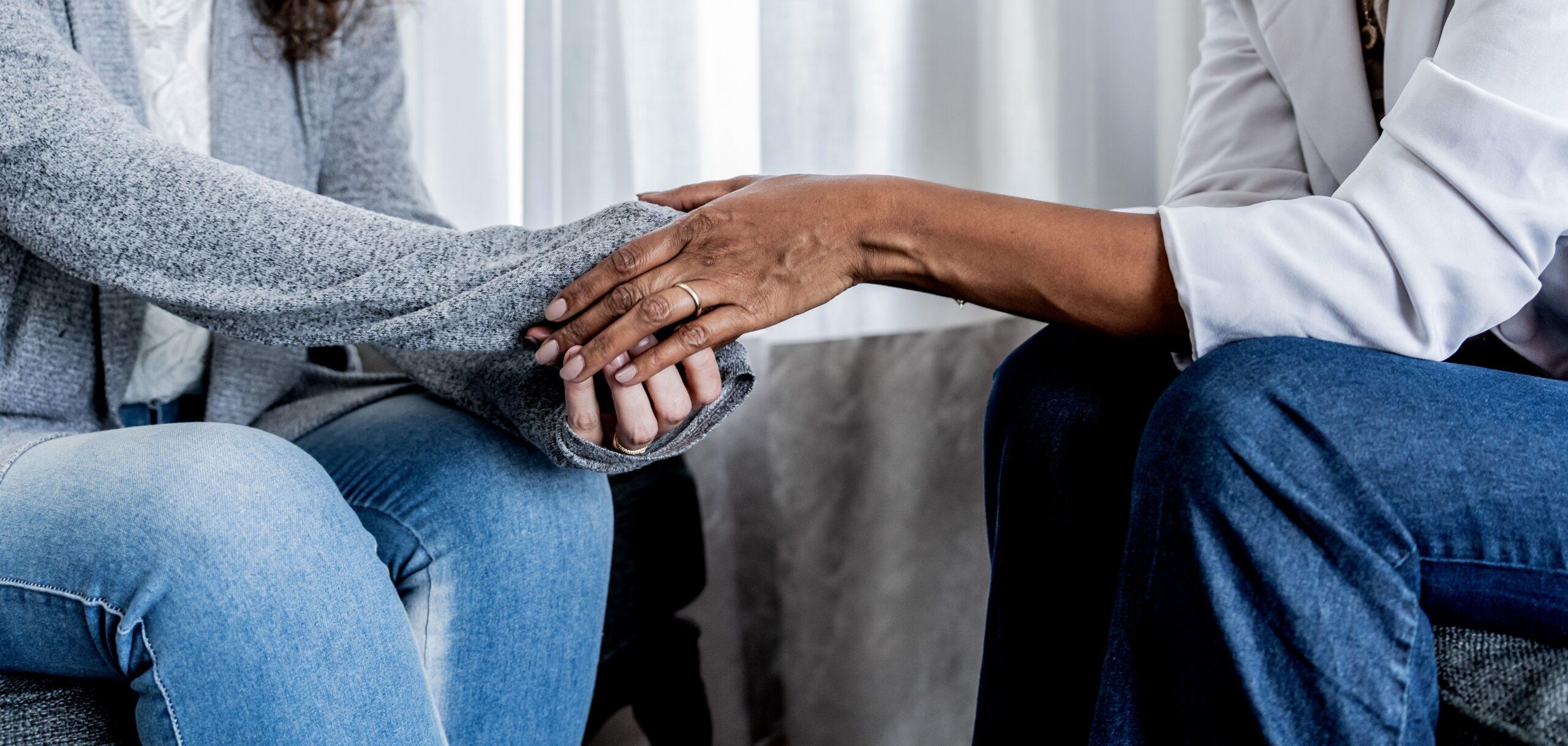
The Prince George’s County Council in Maryland passed groundbreaking legislation in July to prohibit county contractors and subcontractors from engaging in sex and labor trafficking, making the county a leader among state and local governments by combating trafficking through procurement laws. The University of Maryland SAFE Center for Human Trafficking Survivors proposed and developed this concept (with pro bono support from Steptoe LLP), and County Executive Angela Alsobrooks brought legislation to the County Council where it passed unanimously.
“We applaud Prince George’s County Executive Angela Alsobrooks, the County Council, and the County Human Trafficking Task Force chair, Renee Battle-Brooks, for this bold initiative to expand local mechanisms for combating trafficking and preventing business practices that exploit vulnerable individuals,” said Susan Esserman, founder and CEO of the SAFE Center. The SAFE Center is an initiative of the University of Maryland Strategic Partnership: MPowering the State — a collaboration between the University of Maryland, Baltimore, and the University of Maryland, College Park through its School of Public Health.
Adapted from federal procurement provisions, the new law states that contractors and subcontractors found to be involved in sex and labor trafficking, after an investigation by the Office of Human Rights, can be subject to meaningful penalties, including disbarment, suspension, contract termination, and breach of contract damages. This law seeks to hold businesses receiving county funds accountable for ethical workplace practices, preventing the exploitation of vulnerable individuals.
“Our mission across our programs at the University of Maryland, Baltimore (UMB) is to improve the human condition and serve the public good. The SAFE Center is meeting that mission in its work to support human trafficking survivors and importantly in its work to prevent trafficking through policy change,” said Bruce E. Jarrell, MD, FACS, President, UMB.
This legislation has been three years in the making. The approach embodied in the legislation was developed by the Prince George’s County Human Trafficking Task Force Labor Trafficking Committee and the SAFE Center, working in partnership with the law firm Steptoe LLP. Steptoe LLP’s procurement expertise, which ensured the effective integration of human trafficking prohibitions with technical procurement policy, was essential to this effort.
Alsobrooks highlighted the importance of the new legislation, emphasizing the need for community and business involvement in tackling human trafficking.
“We are committed to championing legislation that not only combats human trafficking and protects vulnerable residents but also holds people accountable for their actions,” Alsobrooks said. “Becoming the first county in the nation to pass this groundbreaking legislation is a major step in our efforts to combat human trafficking and one that we hope sets the precedent for other jurisdictions across the country to follow. Our residents must feel safe in their communities, which is why we must do our part as a county government to address this issue.”
This policy has the potential to become a model for other jurisdictions across the country. You can also read Alsobrooks’ news release here.
Setting Stronger National Human Trafficking Policy
Separately, the SAFE Center has been working with U.S. lawmakers and officials at the Department of Homeland Security’s Center for Countering Human Trafficking on legislation that would reduce human trafficking survivors’ vulnerability to exploitation and would support law enforcement investigations and prosecutions of traffickers.
The legislation was introduced in July by U.S. Sens. Ben Cardin (D-Md.), Richard Blumenthal (D-Conn.), and Kirsten Gillibrand (D-N.Y.), and U.S. Reps. Glenn Ivey (D-Md.), David Valadao (R-Calif.), and Delia Ramirez (D-Ill.).
The bills in the House and Senate are titled “The Continued Presence Improvement Act.” Esserman and her team have been working for several years with Cardin’s office and the Department of Homeland Security’s Center for Countering Human Trafficking on this legislation. Senator Cardin spearheaded the legislation on the Senate side and Congressman Ivey is leading the companion legislation in the House of Representatives.
“The Continued Presence Improvement Act would substantially strengthen protections for human trafficking survivors in the U.S. and reduce their vulnerability to further exploitation,” Esserman said. “The Continued Presence program is currently underutilized, and we have seen its limitations create severe hardships for the survivors we serve. This bill would address those limitations and enable human trafficking survivors to work, stabilize their lives and better support law enforcement investigations and prosecutions of traffickers.”
Read Cardin’s news release here.
About the University of Maryland SAFE Center for Human Trafficking Survivors
The University of Maryland Support, Advocacy, Freedom, and Empowerment (SAFE) Center for Human Trafficking Survivors provides survivor-centered and trauma-informed services that empower trafficking survivors to heal and reclaim their lives. The SAFE Center aims to prevent trafficking and better serve survivors through research and policy advocacy. It is an initiative of the University of Maryland Strategic Partnership: MPowering the State — a collaboration between the University of Maryland, Baltimore (UMB) and the University of Maryland, College Park (UMCP). MPowering the State leverages the sizable strengths and complementary missions of both institutions to strengthen Maryland’s innovation economy, advance interdisciplinary research, create opportunities for students, and solve important problems for the people of Maryland and the nation.
-- Joanne Morrison, University of Maryland, Baltimore